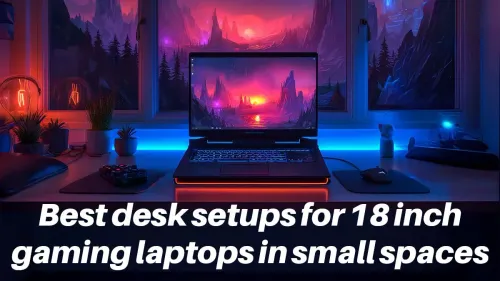
Maximize Your Small Space
Tired of cramped spaces? Master your small gaming area with tailored setups for 18-inch gaming laptops 🎮✨ Smart storage, ergonomic hacks, and sleek designs await!
Discover how handheld gaming PCs in education are revolutionizing classrooms. 🎮 We dive into expert opinions on using devices like the Steam Deck and ROG Ally to boost engagement, teach coding, and make learning interactive. Is this the future of educational tech? Let's find out! 🚀
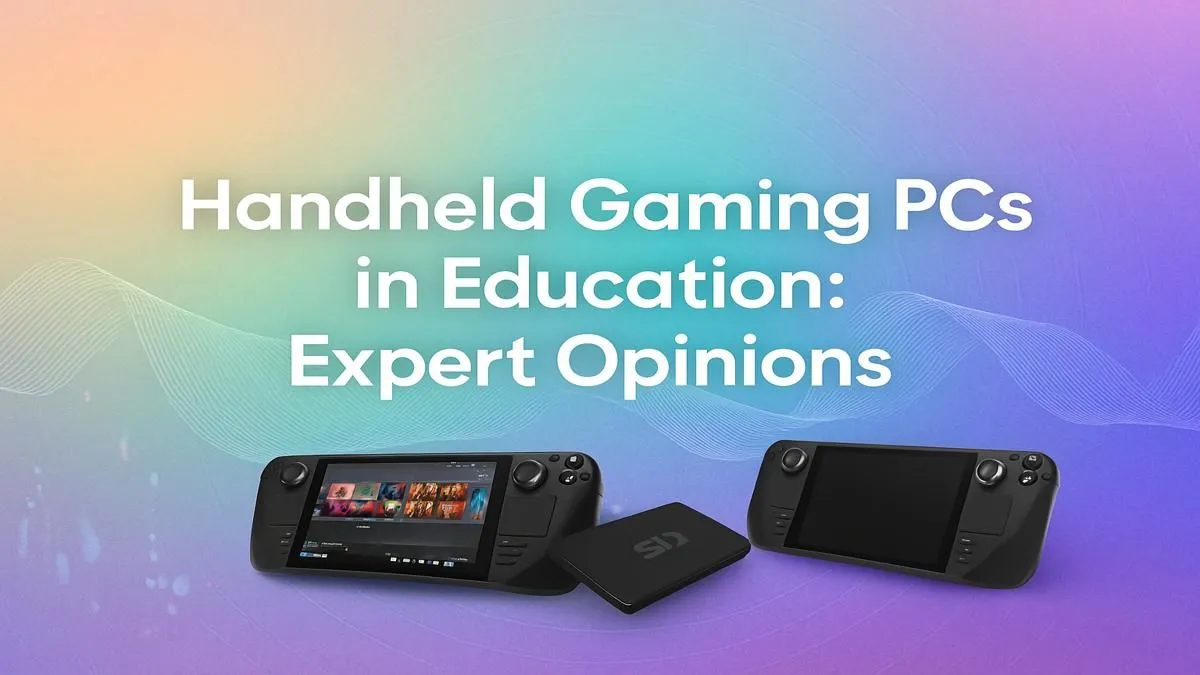
Forget dusty textbooks and clunky tablets. What if the future of learning in South Africa fits in the palm of your hand, powered by the same tech that runs your favourite games? We’re talking about the rise of handheld gaming PCs like the Steam Deck and ROG Ally. These aren't just toys; they're powerful, portable computers. The big question is: can the use of handheld gaming PCs in education genuinely boost learning, or is it just a distraction? 🚀




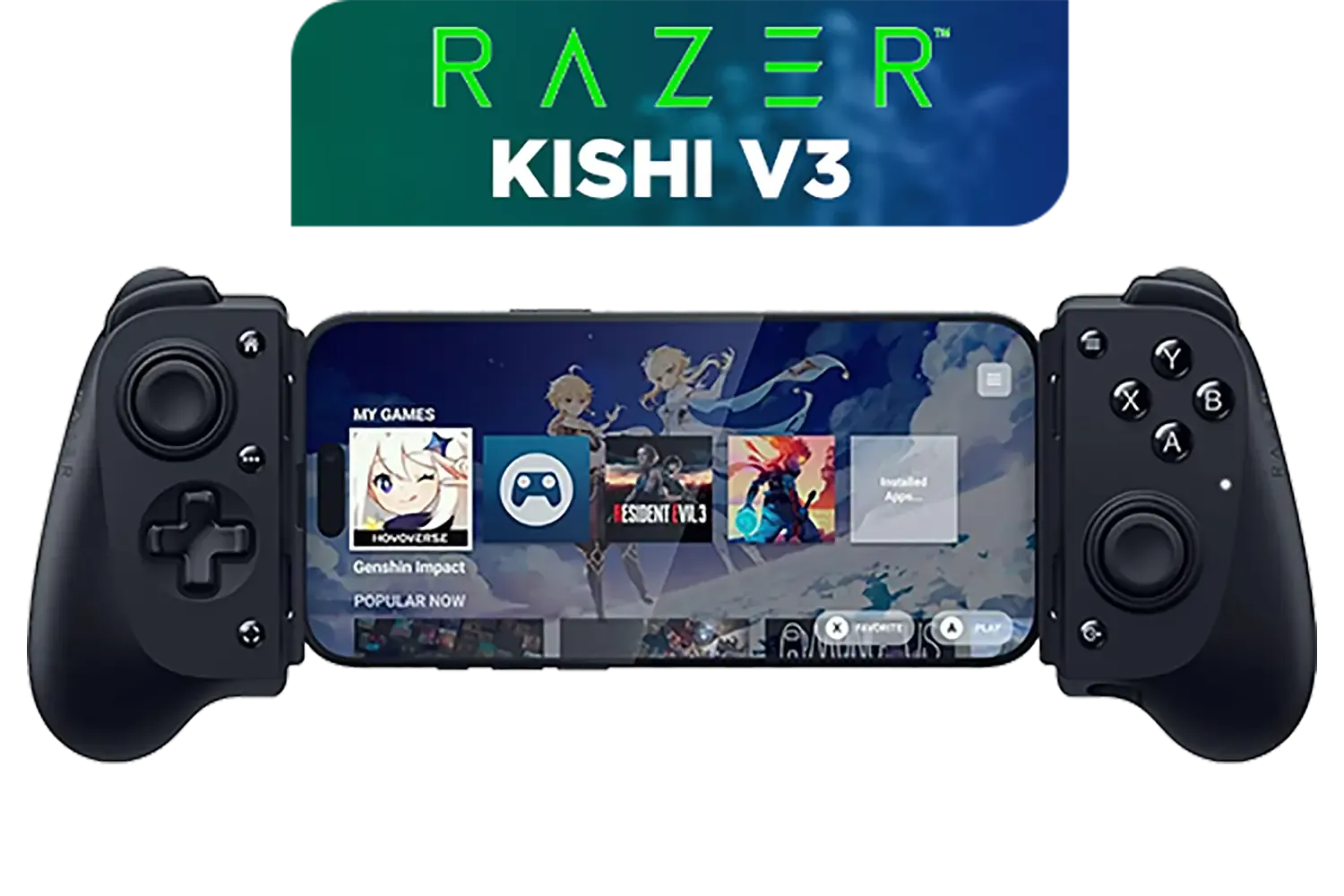
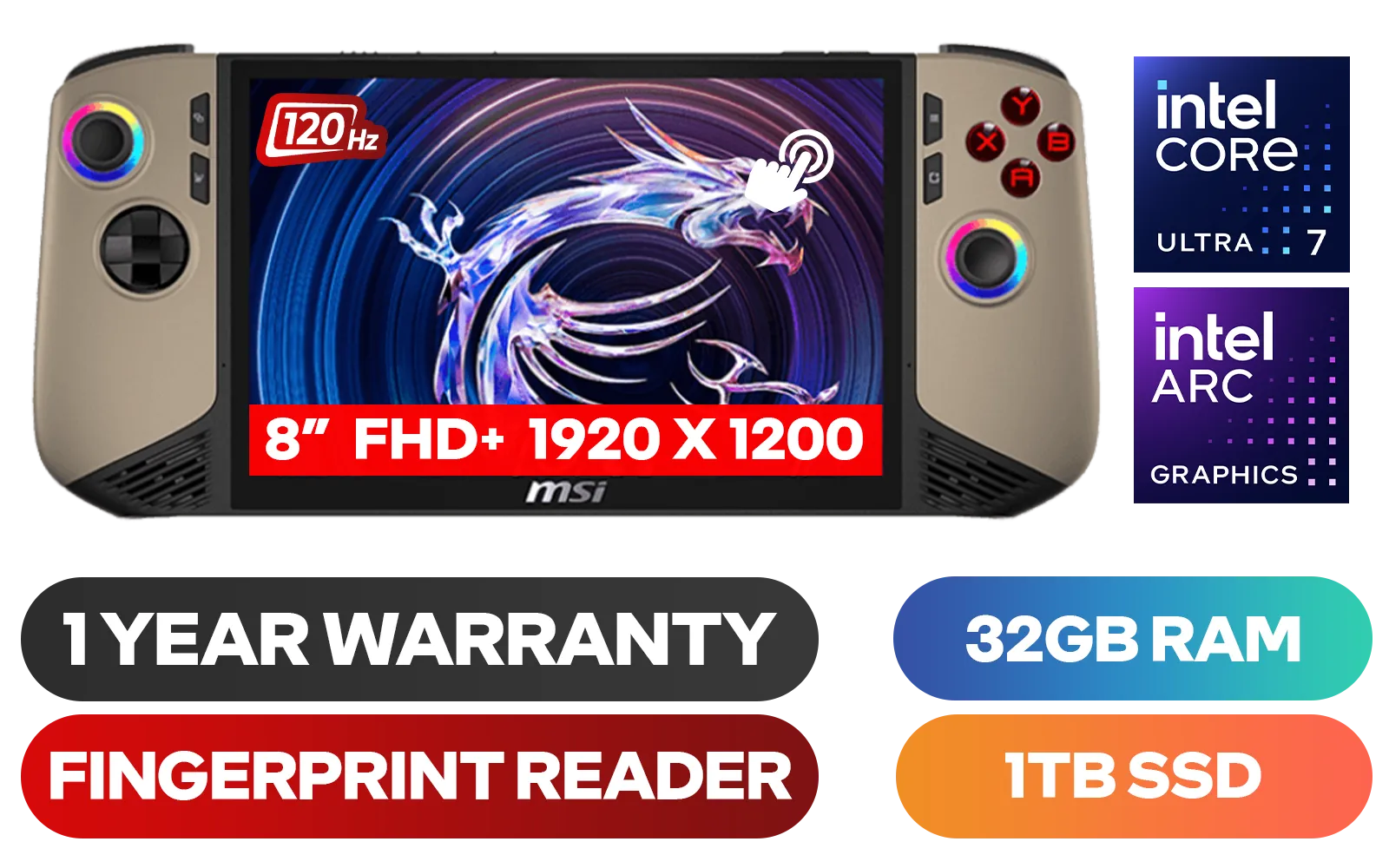
At first glance, mixing gaming hardware with homework seems like a recipe for disaster. But look closer. A modern handheld gaming PC is essentially a compact laptop. It runs a full operating system like Windows or a Linux variant, giving students access to a massive library of software that goes far beyond the classroom.
The real power lies in engagement. Imagine learning physics by building rockets in Kerbal Space Program or exploring ancient history through the world of Assassin's Creed Discovery Tour. This form of interactive learning makes complex subjects more tangible and memorable. These devices offer a level of power and versatility that most educational tablets simply can't match. Plus, with many models offering upgradeable storage, you can easily pop in a larger drive to hold both games and educational software. You can find some incredible deals on high-speed SSDs to expand your portable library.
The potential for using handheld gaming PCs in education is vast. For a student interested in STEM, these devices are a dream. They can run coding environments like Python, 3D modelling software like Blender, and powerful mathematical tools... all on the go. This hands-on approach is far more effective than just reading theory.
But it’s not just for the science-minded. Creative students can use them for digital art, music production, or even video editing. The key is their adaptability. For focused study sessions, especially in a busy home, a good pair of headphones can create an immersive learning bubble, free from distractions. A quality gaming headset works just as well for online tutorials as it does for in-game chat. ✨
On Windows-based handhelds, create a separate, non-admin user account named "Study" or "Work". Install only educational apps and productivity tools on this profile and use parental controls to block access to games and distracting websites during set hours. This simple trick helps separate playtime from study time.
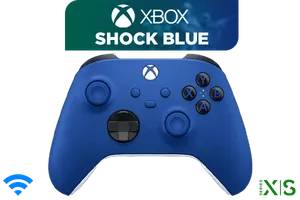

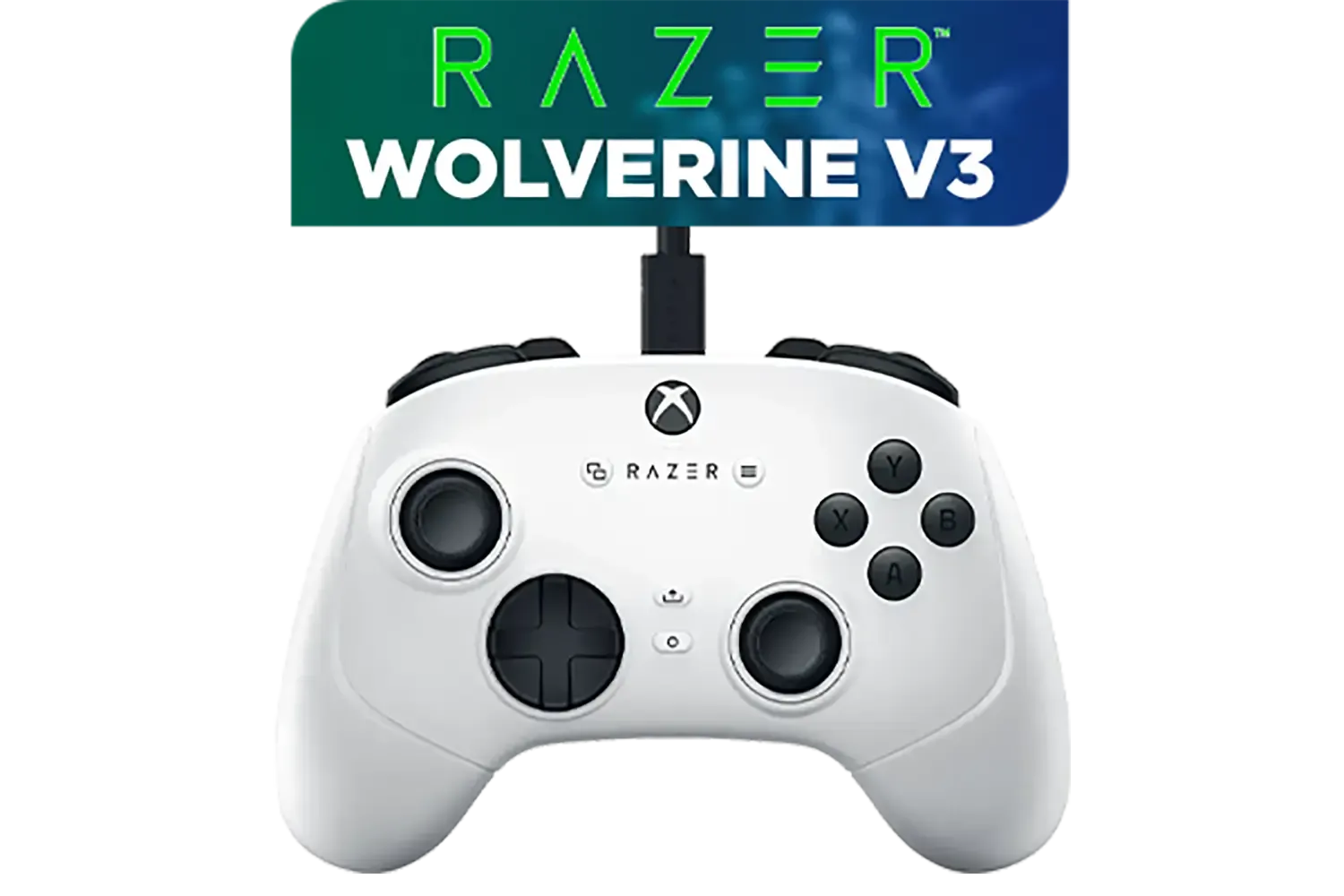
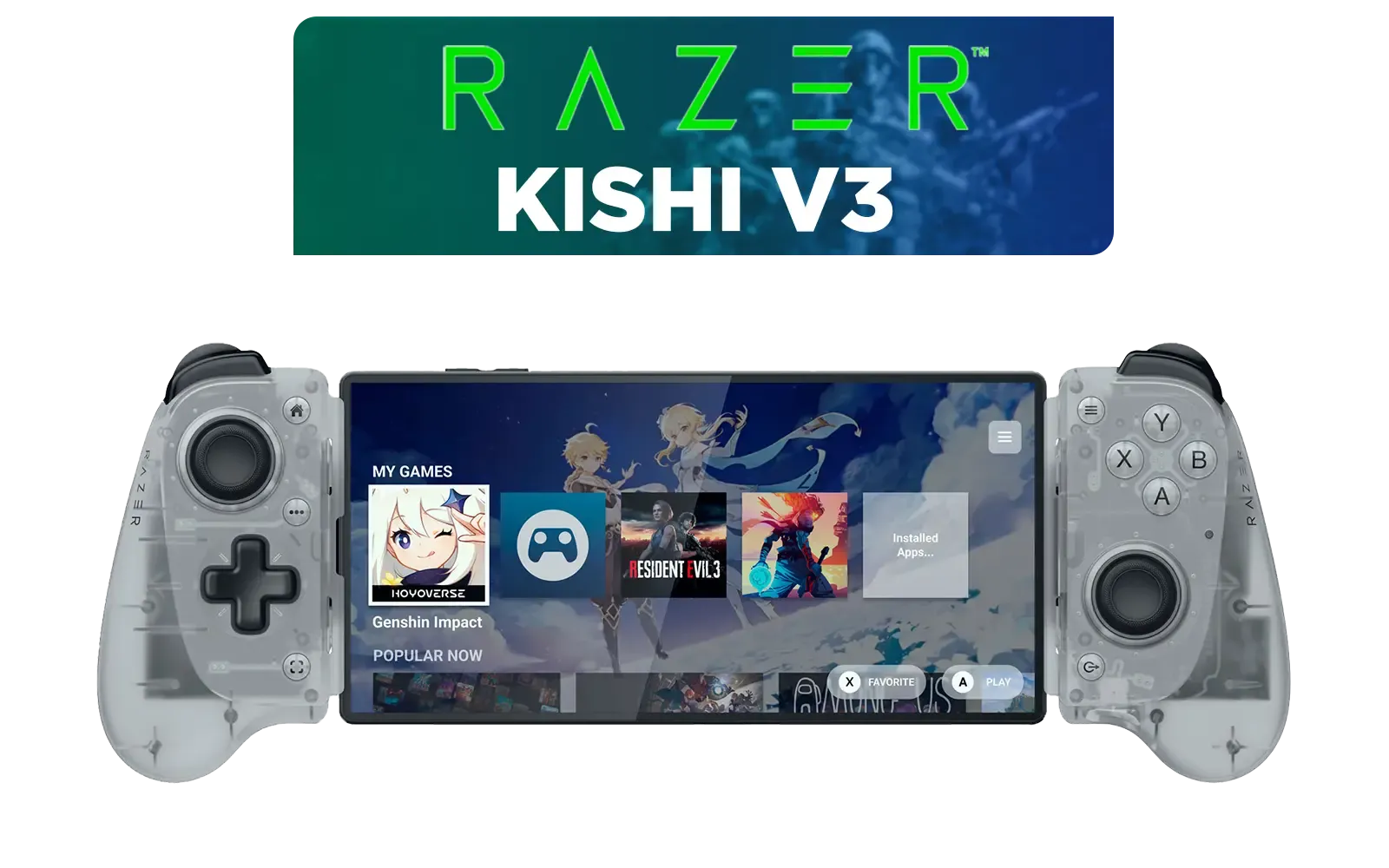


Of course, the biggest concern is distraction. Handing a student a device built for gaming and expecting them to focus on algebra requires discipline. It’s crucial to set clear boundaries and monitor usage. The conversation around handheld gaming PCs in education must include strategies for responsible use.
Ergonomics and battery life are also practical considerations. For writing a long essay or a marathon coding session, the built-in controls won't cut it. You’ll want to connect a portable keyboard and mouse. Thankfully, a solid set of gaming accessories can transform a handheld into a full-fledged workstation. And to keep it all powered up during load-shedding or long commutes, a reliable power bank is one of those tech essentials you can't do without.


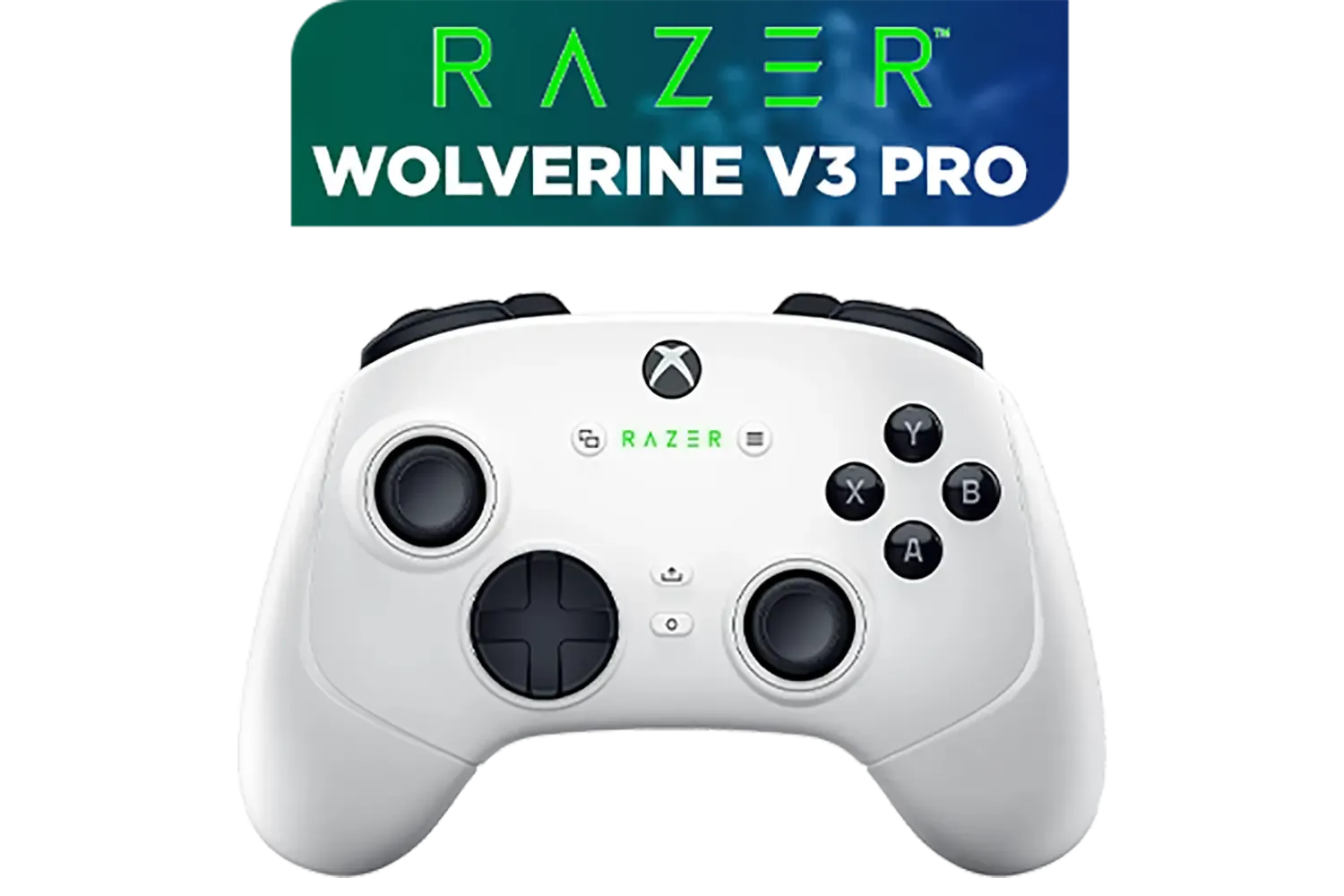
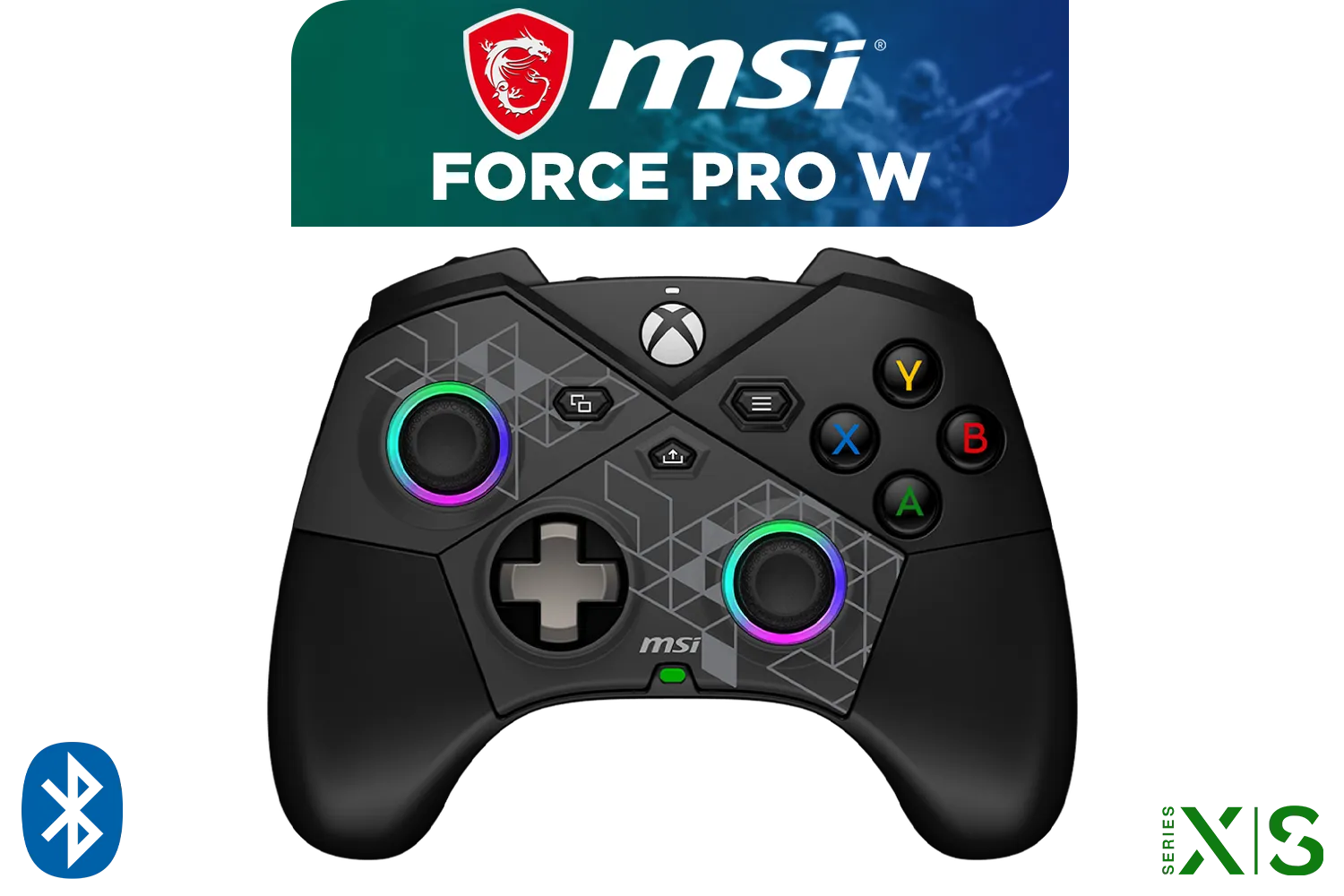


So, are handheld gaming PCs the future of education? Probably not for every student. But for the right learner—one who is self-motivated, tech-savvy, and benefits from interactive, hands-on experiences—they represent an incredibly powerful and engaging tool. They blur the line between learning and play, fostering curiosity and problem-solving skills in a format that feels exciting, not like a chore. The discussion about these powerful handheld PCs as learning tools is just beginning, and it's a fascinating one to watch.
Ready to Power Up Your Learning? Whether it's a versatile handheld or a powerhouse laptop, the right tech can unlock your potential. For maximum power, choice, and value in South Africa, a high-performance laptop is hard to beat. Explore our massive range of laptop specials and find the perfect machine to conquer your world.
Yes, they can be powerful educational tools. Handheld PCs support game-based learning, interactive simulations, and coding applications, boosting student engagement and tech literacy.
The Steam Deck's versatility allows it to run educational software and creative tools beyond gaming. Its open platform is ideal for teaching coding, Linux, and problem-solving skills.
Educators can use handheld PCs for interactive history lessons, physics simulations, collaborative problem-solving games, and as portable stations for STEM and coding clubs.
Absolutely. Most handheld gaming PCs run on Windows or a Linux-based OS, making them compatible with a vast library of educational software, from coding IDEs to creative suites.
Potential challenges include managing screen time, ensuring students stay on-task, device security, and the initial cost. Proper classroom management policies are essential for success.
Research shows game-based learning improves knowledge retention and critical thinking. Portable PCs make this approach more accessible and personalized for individual student needs.